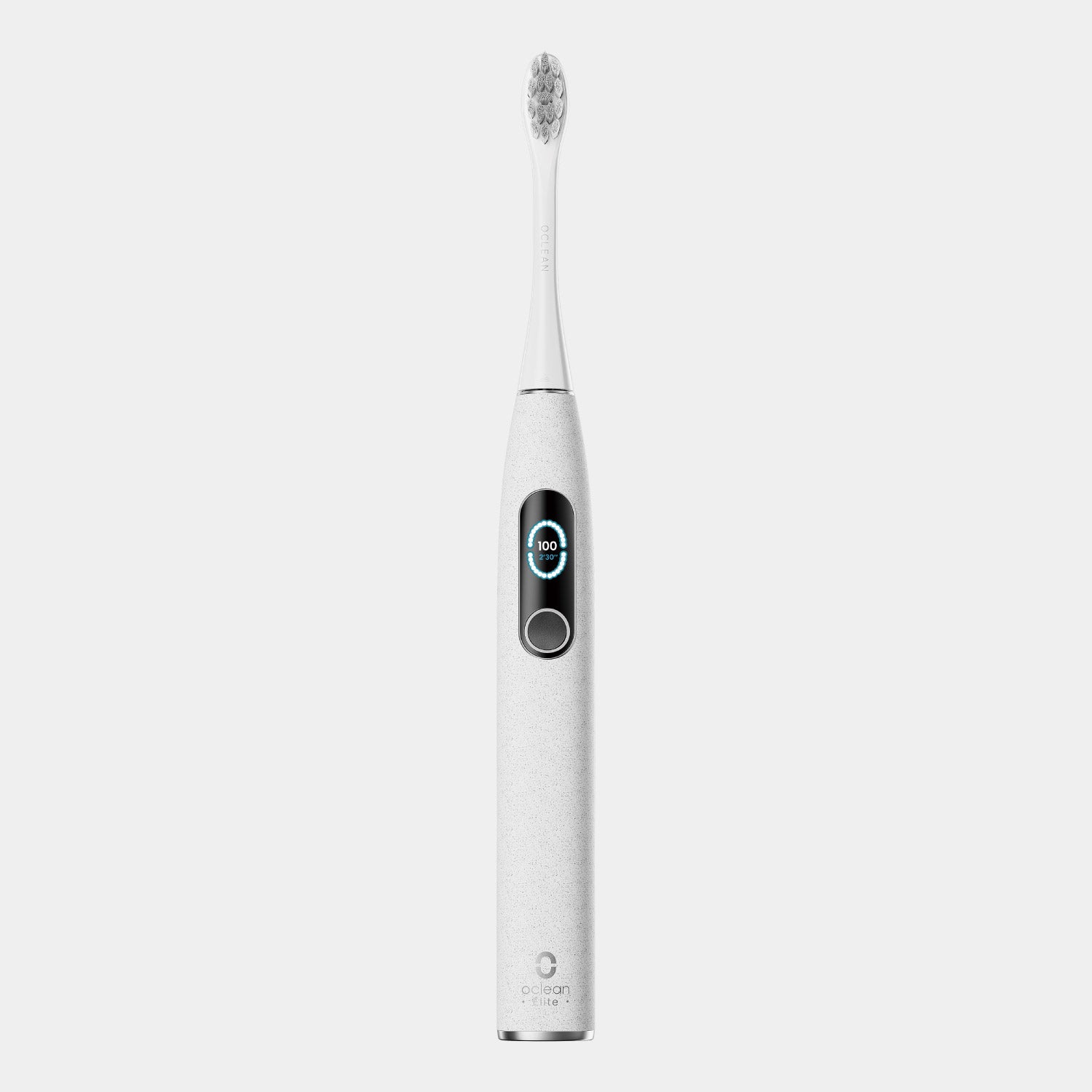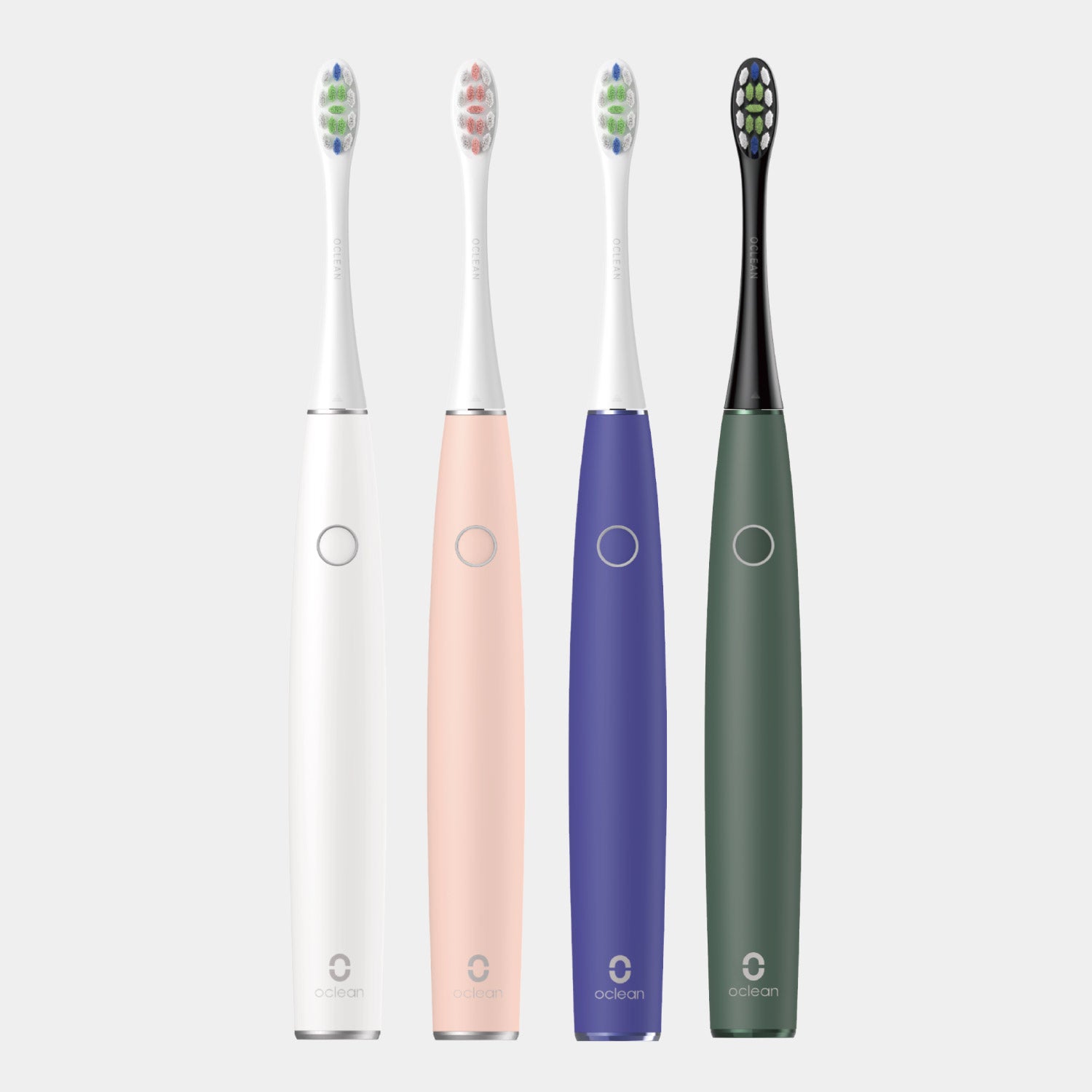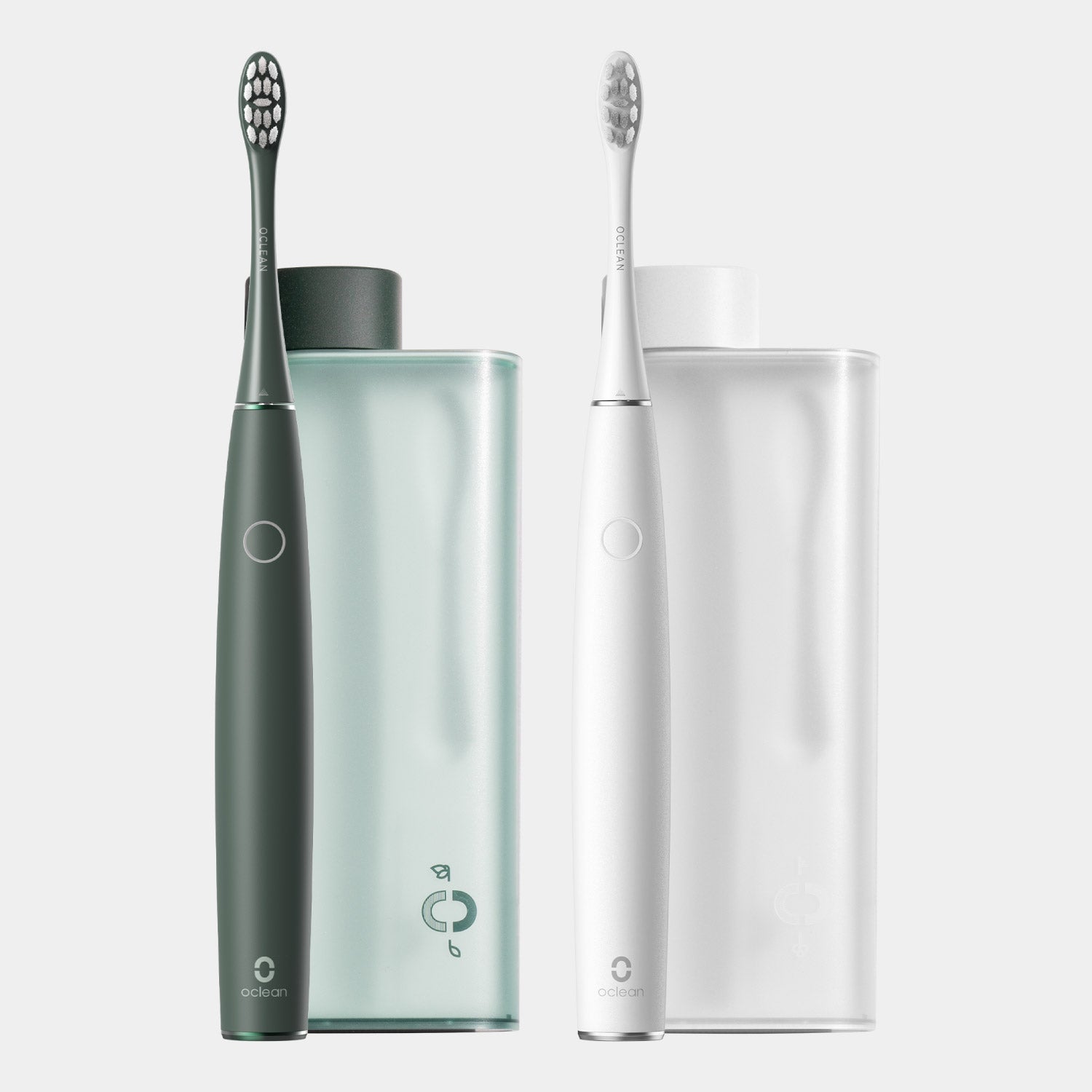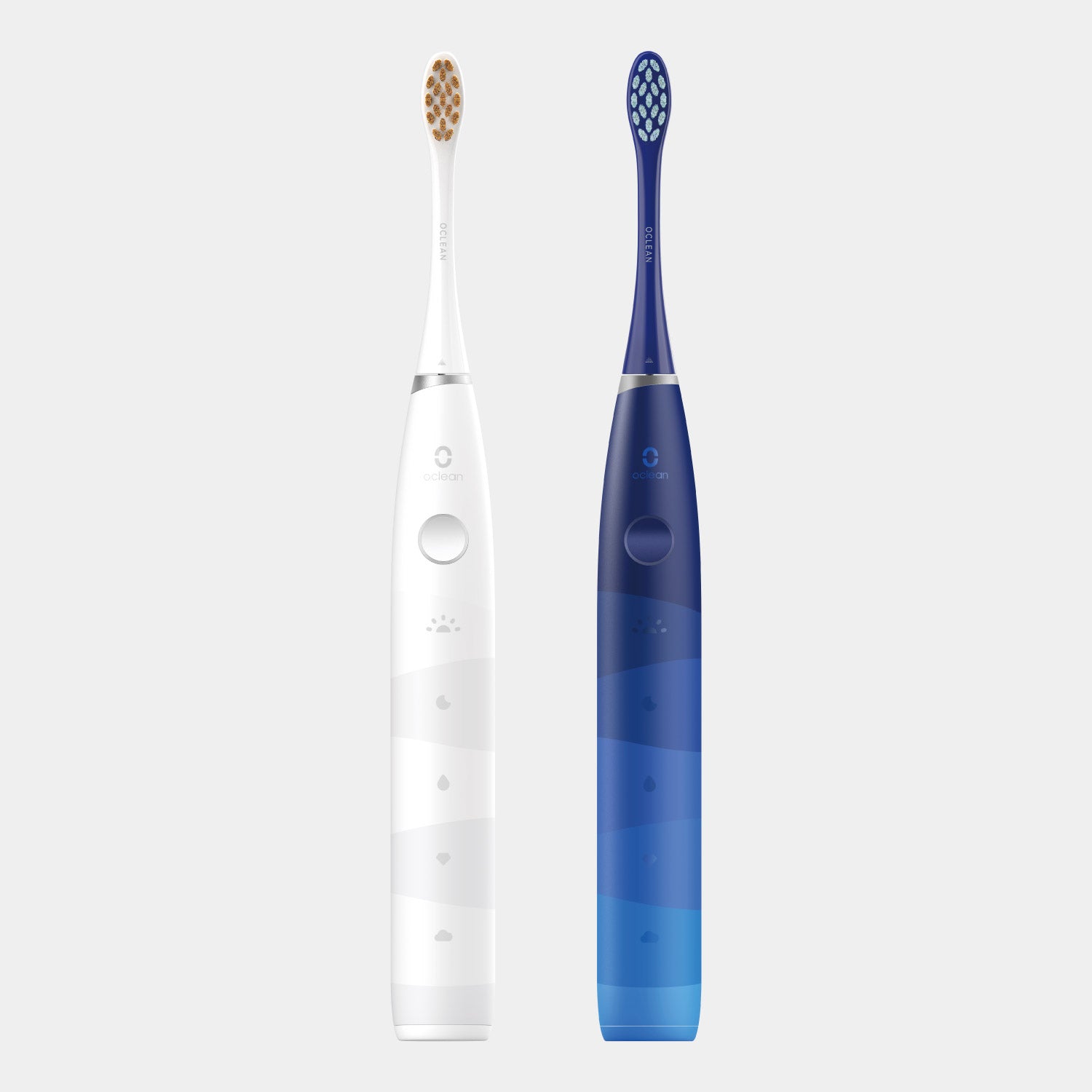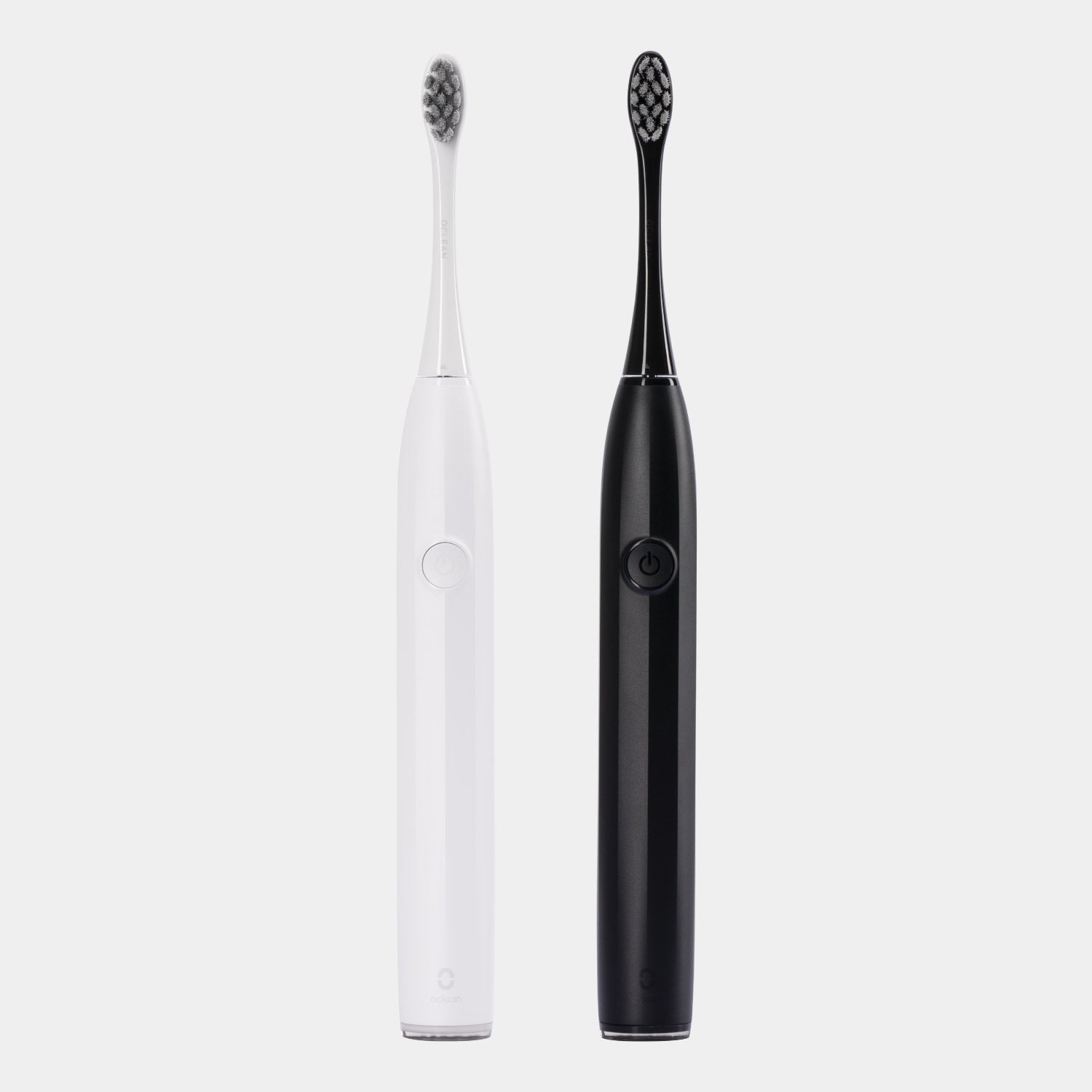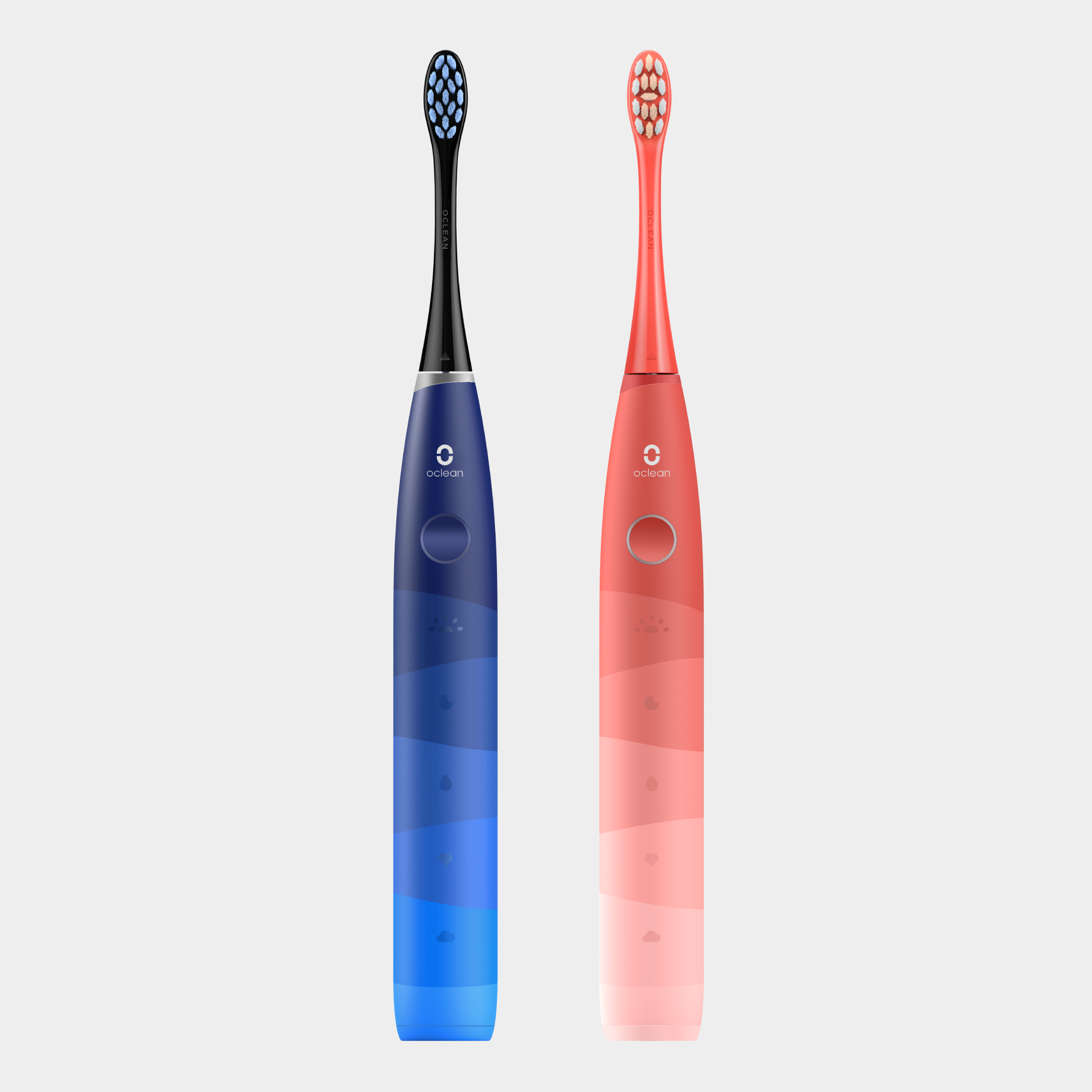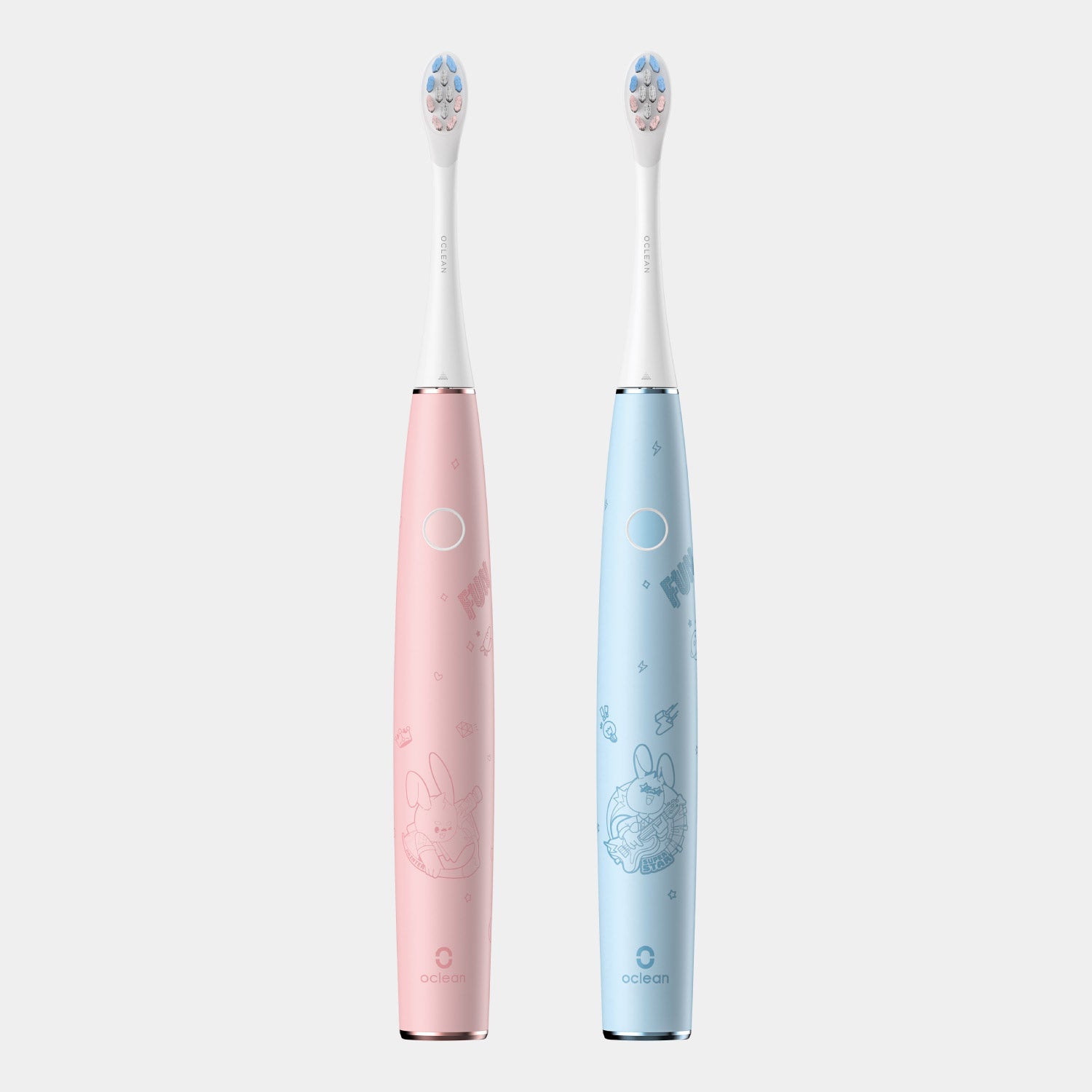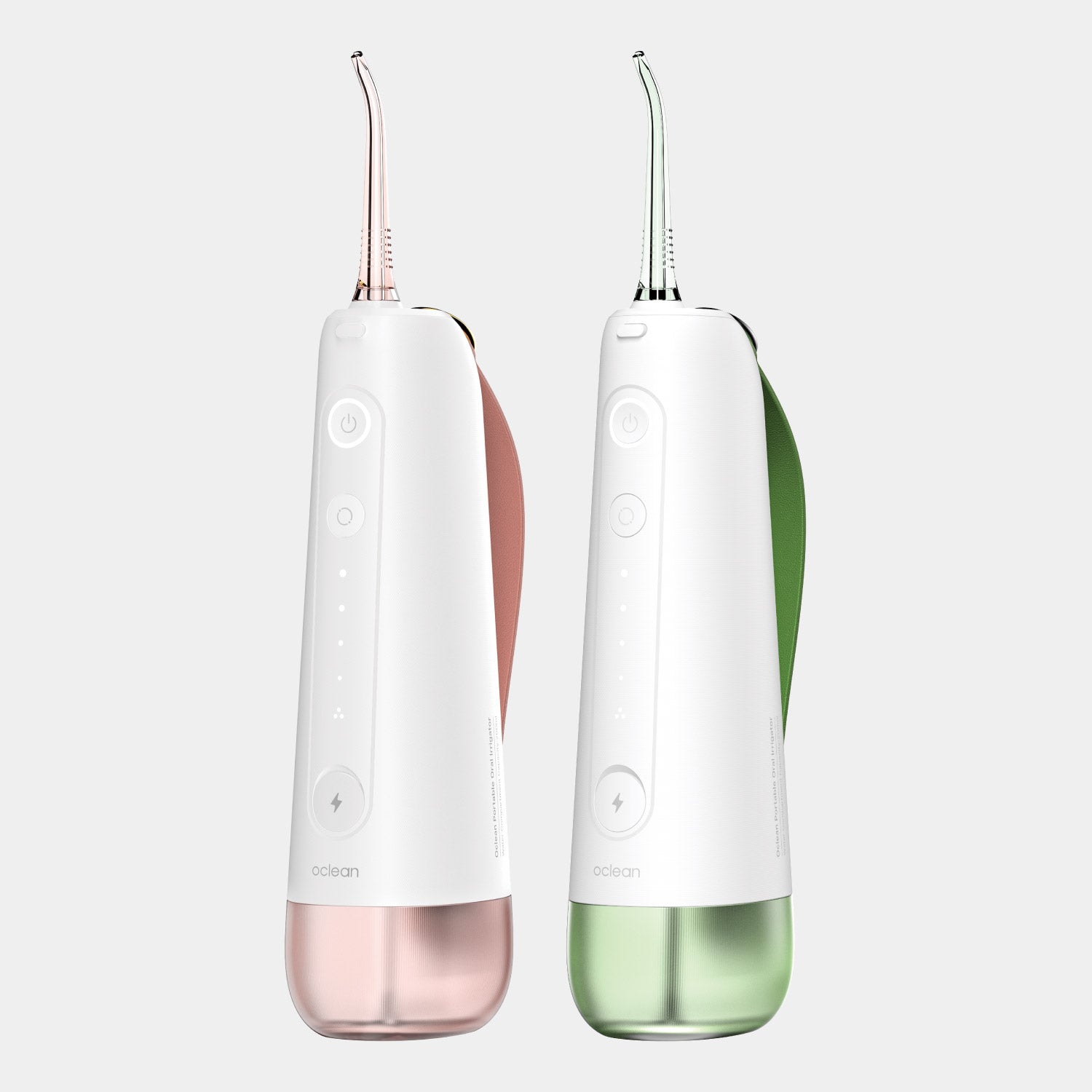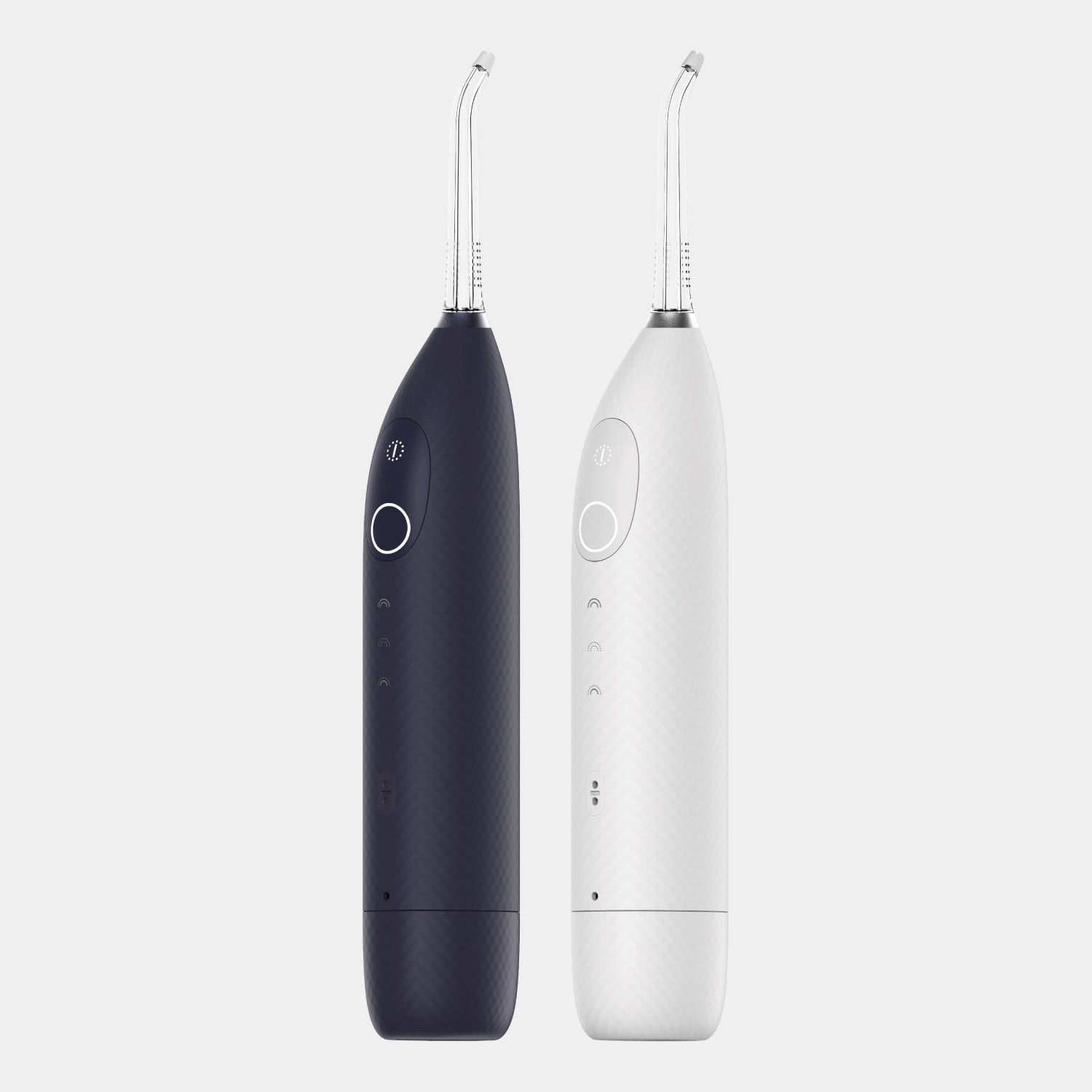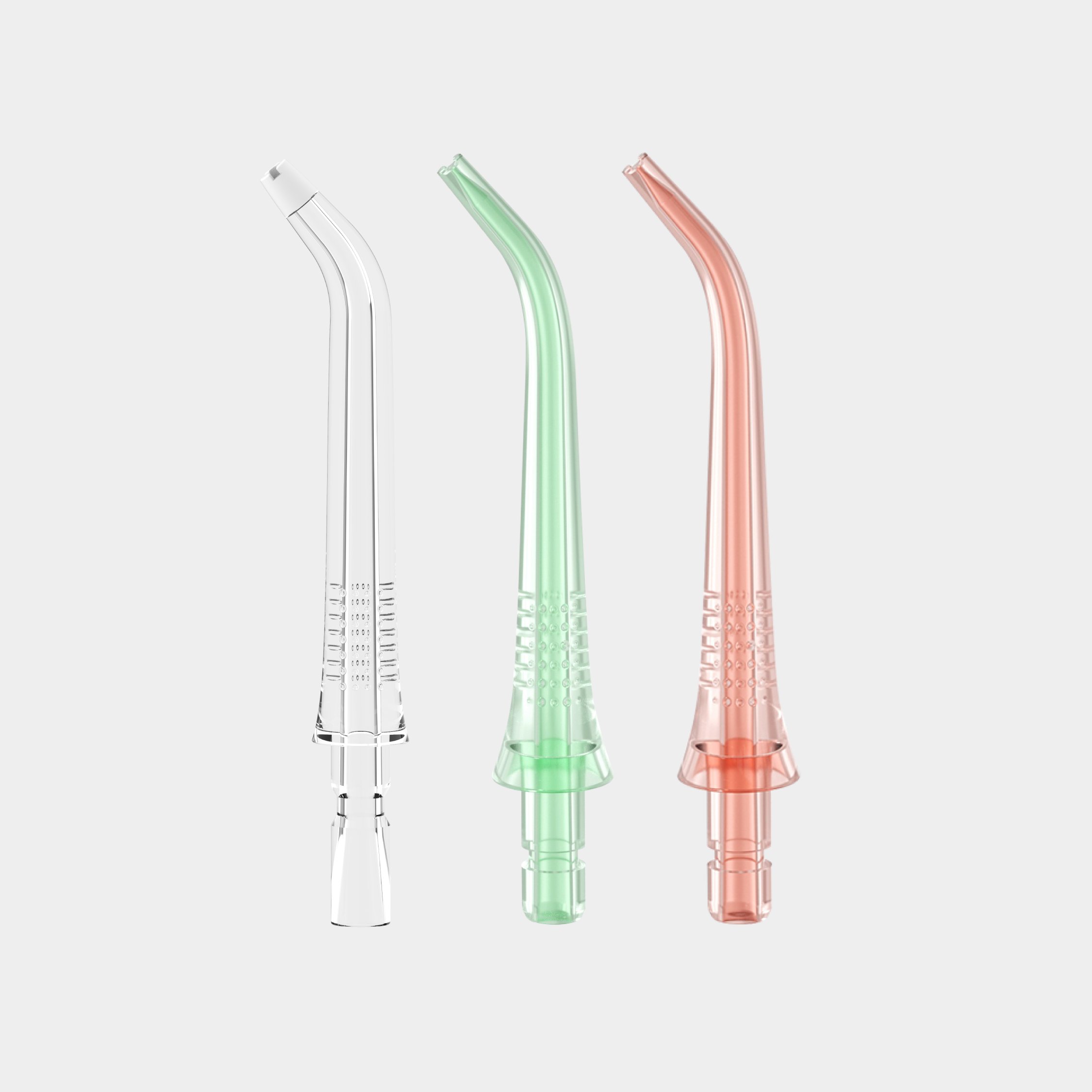When you floss, the last thing you want is for the floss to emit an unpleasant odor. That odor might be trying to tell you something about your oral health. You might ask yourself, "Why does it smell when I floss?" Often, this is because of food particles and bacteria that get stuck in areas your toothbrush can't reach between your teeth and gums, which, if not cleaned, will result in bad breathing.
In this article, we'll explore why your floss might have a bad smell and what you can do to address it.

Why Does Floss Smell Bad?
The human mouth is a haven for bacteria. While many of these bacteria are beneficial and aid in digestion while preventing diseases, some can contribute to halitosis, commonly known as bad breath. When you floss, this bacteria-laden environment can impregnate the floss and result in an unpleasant odor.
The odor often stems from food particles that become trapped between your teeth, especially foods like meat and fibrous items. When these food particles are not removed promptly, bacteria start to break them down, releasing unpleasant odors. It can take as little as 24 hours for this process to begin.
Additionally, bacteria associated with gum disease and tooth decay can contribute to the smell. Proper flossing technique involves getting the floss into the sulcus, a small pocket beneath the gumline. If you have gum disease, the floss can pick up odor-causing bacteria from this area.
5 Main Causes of Bad Smells When Flossing
Flossing is a part of oral hygiene, but a bad smell while flossing can be a real concern. The following are five main reasons that contribute to this problem.
1. Food Particles Stuck Between the Teeth
Tiny food particles may get stuck between the teeth and gums, which could be very hard to clean with a brush alone. [1] These particles get decomposed into sulfur compounds, which give a foul smell when flossing. [2]
2. Bacterial Build-up
Plaque is a very sticky bacterial film that forms on your teeth throughout the day. When left untreated, it sets into hardened tartar and serves as a conduit for breeding bacteria. These bacteria excrete products that give them bad smells and create that odious smell when you floss. [3]
3. Gum Disease
Poor oral hygiene can further lead to the infection of the gums, resulting in inflammation and bleeding with a bad smell. Periodontitis is the higher form of disease that may result in the formation of pockets between the teeth and gum, consequently holding bacteria and food particles.
4. Decay or Cavities
Cavities usually harbor bacteria and decaying food particles that give off their characteristic unpleasant smell. A continuous odor in a particular area while flossing may be because of a cavity or dental problem.
5. Dry Mouth (Xerostomia)
Without enough saliva to clean up the mouth or neutralize acids, it can be a good culture for bacteria. Dry mouth, at times, results from various factors like dehydration or even some medications that may cause bad odors after flossing. [4]

Why Does My Breath Smell After Flossing?
Sometimes, the smell trapped between your teeth can become more noticeable after flossing. However, it's usually mild and not highly conspicuous to others.
If you have unhealthy gums, they may bleed when you floss. While this bleeding is often minor, it can occasionally be more significant and lead to bad breath. Fortunately, this issue tends to be temporary and typically subsides after brushing and using mouthwash.
Is It Normal for Floss to Smell After Flossing?
Yes, it’s normal for floss to smell during or after flossing because it takes away the trapped particles and bacteria. Most of the time, this is a foul smell that usually signals your good flossing habit, serving its purpose of cleaning out an area that a toothbrush cannot reach.
However, if you find yourself thinking, "Why does it smell like poop when I floss?" it may be indicative of something bigger. The smell like poop can be present when there is heavy plaque buildup due to gum disease or when food particles remain inside the oral cavity for a long time.
Though the presence of an occasional odor is considered normal, those that are strong and persistent certainly call for a visit to your dentist. They will be able to find any underlying problem, such as cavities or gum diseases, and prescribe the right treatment to keep your mouth fresh and healthy.
How to Get Rid of the Smell Between Your Teeth?
Here are several effective methods to eliminate the odor between your teeth and prevent your floss from smelling bad:

1. Floss Daily
Make flossing a daily habit to remove food particles before they have a chance to develop a foul odor. Make sure you are using the right technique, reaching below the gumline, and cleaning each tooth thoroughly.
2. Clean Your Tongue
Most of the time, the tongue harbors bacteria that cause bad odor. Try using a tongue scraper or the back side of your toothbrush to give your tongue a gentle cleaning every day.
3. Brush Twice a Day
Brushing your teeth twice a day helps remove bacteria and prevent cavities that can contribute to odor. An electric toothbrush like the Oclean Smart Toothbrush can be more effective than manual brushing. Its advanced cleaning technology can remove plaque effectively, reducing odor-causing bacteria.
4. Rinse with Antibacterial Mouthwash
An antibacterial mouthwash will help in neutralizing those odors and bacteria. Swish afterward to remove any more debris and leave your mouth with a fresh clean feeling.
5. Use Additional Tools
Consider incorporating additional tools like the Oclean W1 Water Flosser into your routine. Water flossers can provide a more thorough cleaning between teeth and help prevent bacteria from causing odors.
6. Stay Hydrated
A dry mouth accentuates bad odors. Plenty of water throughout the day keeps the salivary glands going, helping to wash bacteria away.
7. Regular Dental Checkups
Schedule periodic dental appointments. Your dentist can perform professional cleanings to improve gum health and eliminate odors. They can also treat hidden cavities that might be causing unpleasant smells.
When to See a Dentist?
It is normal to have little smell in floss because bacteria and food particles can be in the floss, but under given conditions seeing a dentist is imperative:
1. Persistent Odor
If the odor persists despite good oral hygiene, it may point to gum disease, tooth decay, or an infection that requires professional attention.
2. Bleeding or Swollen Gums
Frequent bleeding, swelling, or pain of your gums while flossing, or afterward, may indicate the presence of gingivitis or periodontal disease.
3. Visible Buildup or Stains
Plaque and tartar not removable in ordinary brushing and flossing demand a professional cleaning in order to avoid further complications.
4. Bad Breath That Does Not Go Away
Bad breath that is chronic and does not go away even after brushing, flossing, and mouthwash may point to other grave oral health issues.

The Bottom Line
In conclusion, addressing the smell in your floss requires consistent oral hygiene practices. By flossing daily, using additional tools like water flossers, brushing twice a day with an electric toothbrush, and visiting your dentist regularly, you can keep your breath fresh and your floss odor-free.
Visits to the dentist in combination with home care will eventually give a good result in the health and freshness of the smile.
Reference
“Smelling Sickness.” NIH News in Health, 28 Aug. 2018, newsinhealth.nih.gov/2018/09/smelling-sickness.
Better Health Channel. “Halitosis or Bad Breath.” Vic.gov.au, 2012, www.betterhealth.vic.gov.au/health/conditionsandtreatments/halitosis-or-bad-breath.
Tungare, Sujata, et al. “Halitosis.” PubMed, StatPearls Publishing, 2021, www.ncbi.nlm.nih.gov/books/NBK534859/.
Mayo Clinic. “Bad Breath - Symptoms and Causes.” Mayo Clinic, 2018, www.mayoclinic.org/diseases-conditions/bad-breath/symptoms-causes/syc-20350922.







